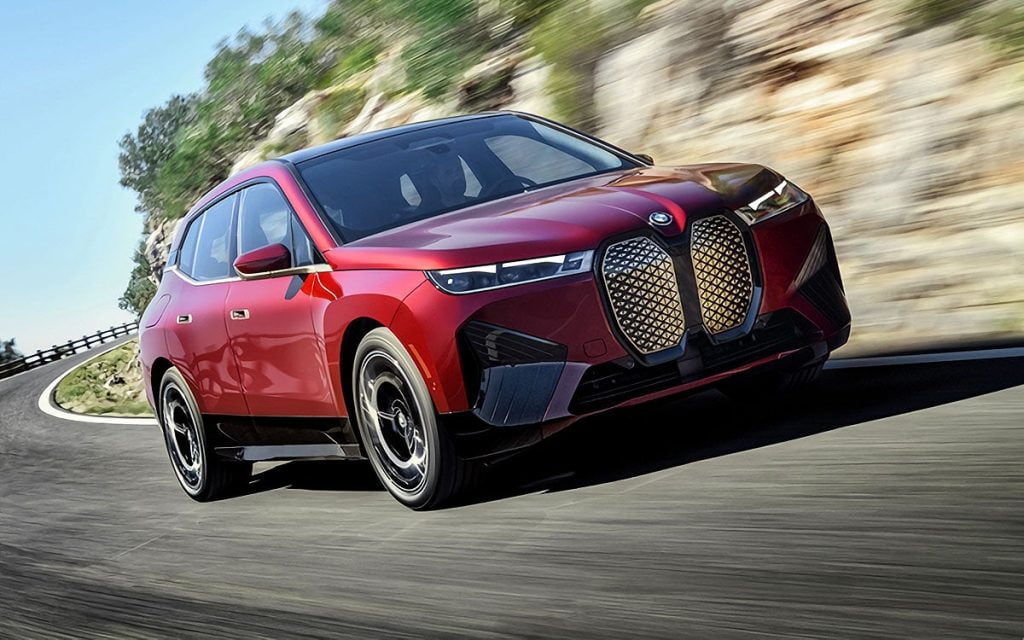Electric cars have been gaining popularity in recent years due to their eco-friendliness and cost-effectiveness. However, many people are still hesitant to make the switch from traditional gasoline-powered cars due to the perceived high cost. In this article, we will break down the cost of owning an electric car and explore the benefits that come with it.
The Cost Breakdown
The cost of an electric car varies depending on the make and model, but generally, they are more expensive than traditional cars. However, the cost of owning an electric car is significantly lower than that of a gasoline-powered car in the long run. Here's why:
- Fuel Costs
Electric cars are powered by electricity, which is significantly cheaper than gasoline. The average cost of electricity in the United States is around 13 cents per kilowatt-hour (kWh), while the average cost of gasoline is around $2.50 per gallon. According to the U.S. Department of Energy, the cost to drive an electric car is around $0.04 per mile, while the cost to drive a gasoline-powered car is around $0.15 per mile.
- Maintenance Costs
Electric cars have fewer moving parts than gasoline-powered cars, which means they require less maintenance. There is no need for oil changes, spark plug replacements, or other maintenance tasks that are required for traditional cars. Additionally, electric cars have regenerative braking systems that help to extend the life of the brake pads.
- Tax Credits and Incentives
The federal government and some states offer tax credits and incentives for purchasing an electric car. The federal tax credit is up to $7,500, and some states offer additional incentives such as rebates, reduced registration fees, and access to carpool lanes.
The Benefits of Owning an Electric Car
- Environmental Benefits
Electric cars produce zero emissions, which means they are much better for the environment than gasoline-powered cars. According to the U.S. Department of Energy, electric cars produce 60% less greenhouse gas emissions than gasoline-powered cars.
- Energy Independence
Electric cars rely on electricity, which can be generated from a variety of sources such as solar, wind, and hydro power. This means that electric car owners are not dependent on foreign oil and can help to reduce our dependence on fossil fuels.
- Quiet and Smooth Ride
Electric cars are much quieter than gasoline-powered cars and provide a smooth and comfortable ride. This is because electric cars have fewer moving parts and do not have the same vibrations and noise as traditional cars.
Conclusion
While the initial cost of owning an electric car may be higher than that of a gasoline-powered car, the long-term cost savings and environmental benefits make it a worthwhile investment. With tax credits and incentives available, now is a great time to consider making the switch to an electric car.

